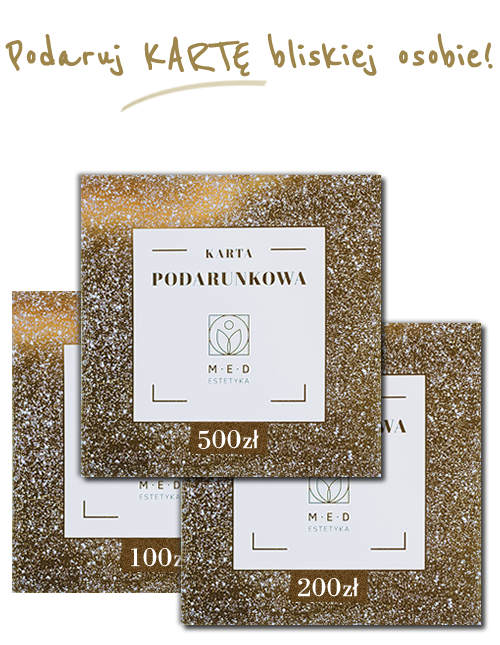Cortisol in daily urine collection
Material: daily urine
Study price: 40 PLN
Waiting time for the result: result no later than the next working day
Booking:
Study price: 40 PLN
Waiting time for the result: result no later than the next working day
Booking:
- Check, the hours of operation of the collection center and where booking an appointment is required.
Preparation for the study
General
- The material for the study is urine from daily collection (DZM).
How to conduct a daily urine collection:
1) Prepare a clean vessel with a volume of 2-3 liters.
2.Start urine collection in the morning of the day before the test. In the morning urine, after the night return to the toilet.
3.From then on, collect each portion of urine into the prepared vessel, including the morning portion of the next day's urine.
4. mix the collected urine thoroughly. Measure the volume and pour about 100- 200 ml into a dedicated container for urine analysis ( to be collected at CM Luxmed Collection Points or purchased at a pharmacy).
5. describe the container with the DZM sample: name, surname, volume of the entire urine collection, the time of beginning and ending of the collection.
Store the container with the collected urine during the daily collection in a cool and dark place.
Description
A steroid hormone produced in the adrenal cortex that affects the metabolism of carbohydrates (increases gluconeogenesis and glycogenesis), fats (increases lipolysis) and proteins (enhances their catabolism) and (weaker than aldosterone) water and electrolyte metabolism (enhances sodium reabsorption in the renal tubules and promotes renal excretion of potassium). It has anti-inflammatory and immunosuppressive effects, enhances gastric juice secretion, causes calcium release from bones, causes the release of granulocyte myeloid reserve, and inhibits the function of the lymphocytic system. Cortisol accounts for 75-90% of the total corticoids circulating in the blood. The production and secretion of corticosteroids in the adrenal cortex is under the control of adrenocorticotropic hormone (ACTH) produced in the pituitary gland and the ACTH-releasing factor corticoliberin CRF produced by the hypothalamus. This regulation is based on the principle of negative feedback. Adrenal steroids circulate in the blood in the form of connections with proteins mainly transcortin and albumin. Conversion of steroid hormones to biologically inactive metabolites takes place in the liver.
It is also used as a drug in the treatment of some chronic diseases (e.g. bronchial asthma) and interventional, short-term or one-time treatment of life-threatening conditions (e.g. shock, asthmatic condition).
Importance of the test: diagnosis of adrenal gland dysfunction, search for hormone-producing tumors, control in adrenal steroid therapy.
Abnormal values: in Cusching syndrome,
in Addison's disease. Disorders of secretion cause adrenal hyperactivity or hypoactivity.
Development and preparation of material (applies to contractors only)
1020
Cortisol in ORD, Cort, hydrocortisone, adrenal hormone, stress hormone, daily urine collection, daily urine cortisol


